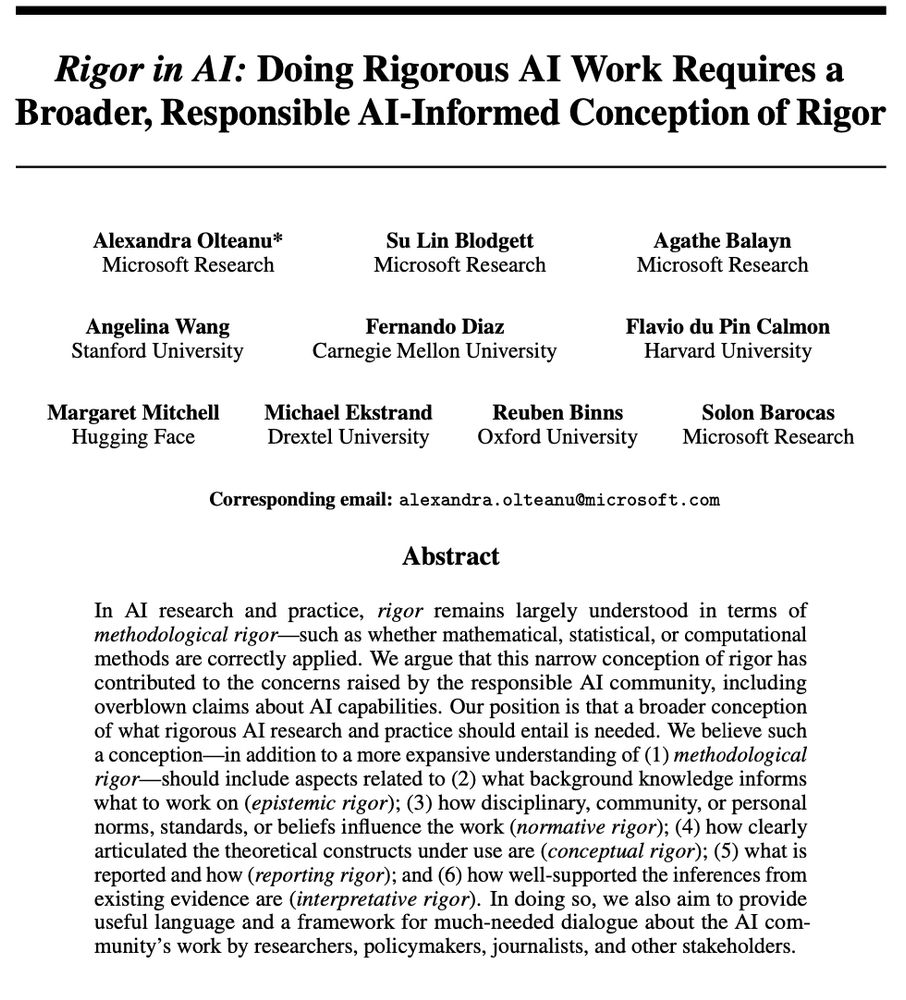Fernando Diaz
@841io.bsky.social
1.7K followers
610 following
84 posts
Associate Professor, CMU. Researcher, Google. Evaluation and design of information retrieval and recommendation systems, including their societal impacts.
Posts
Media
Videos
Starter Packs
Reposted by Fernando Diaz
Reposted by Fernando Diaz









